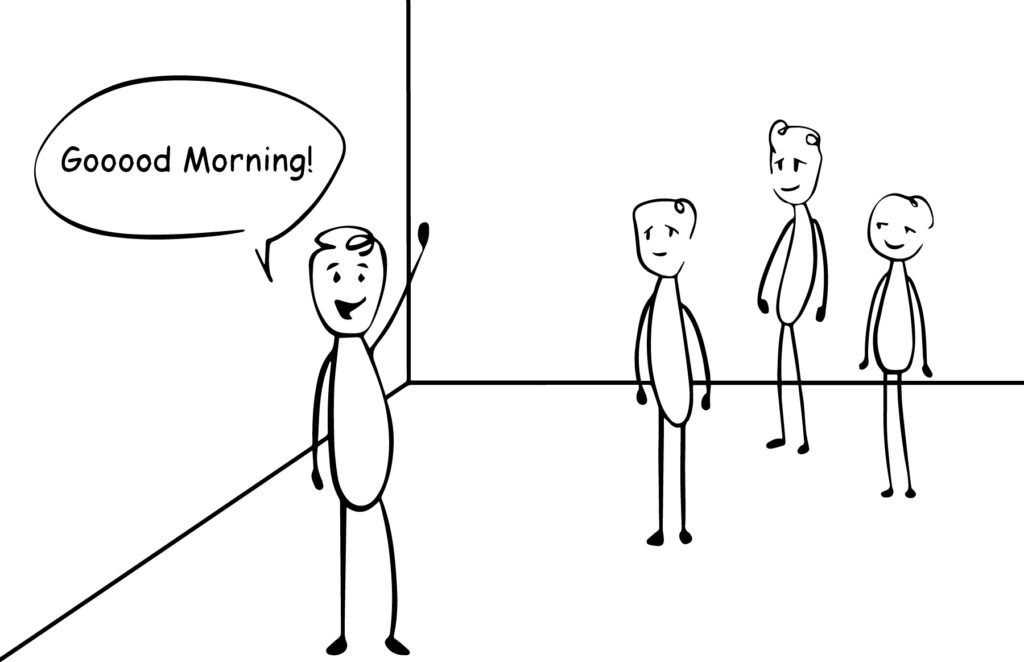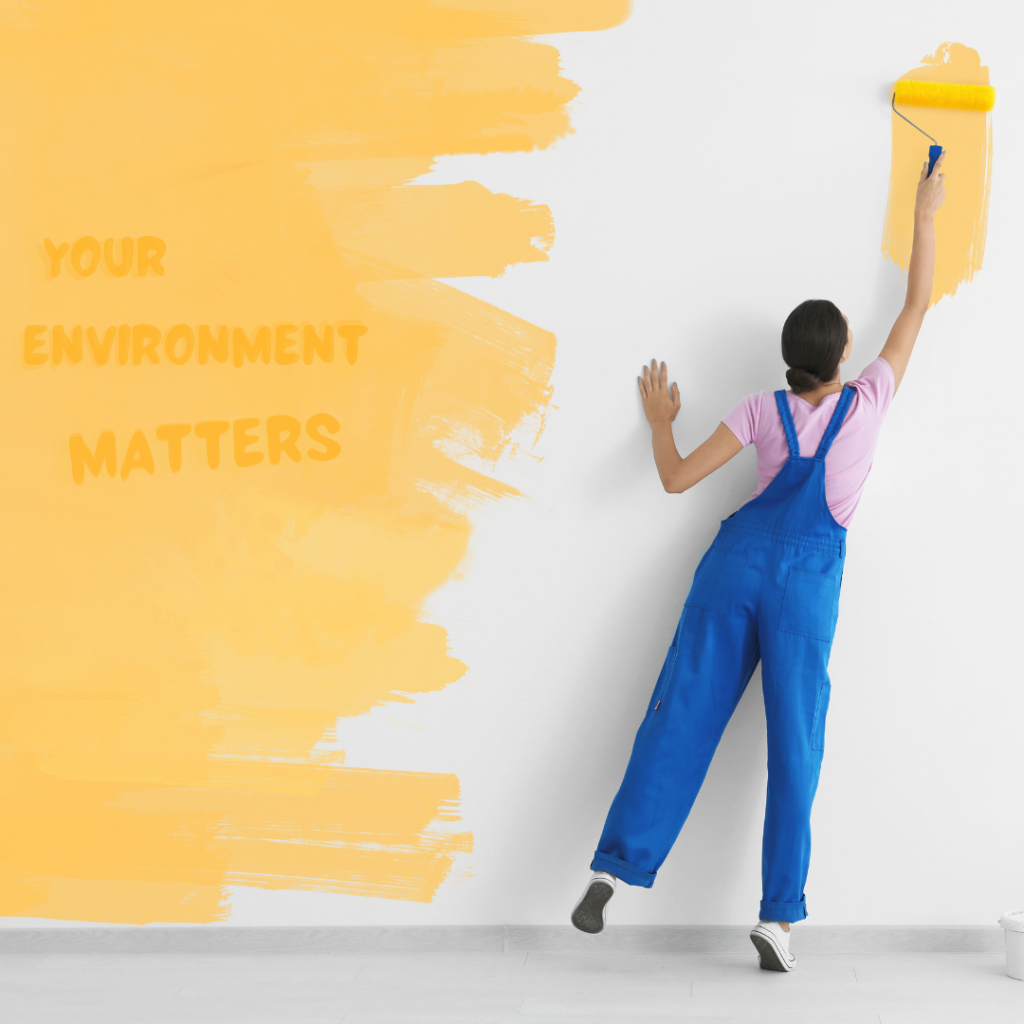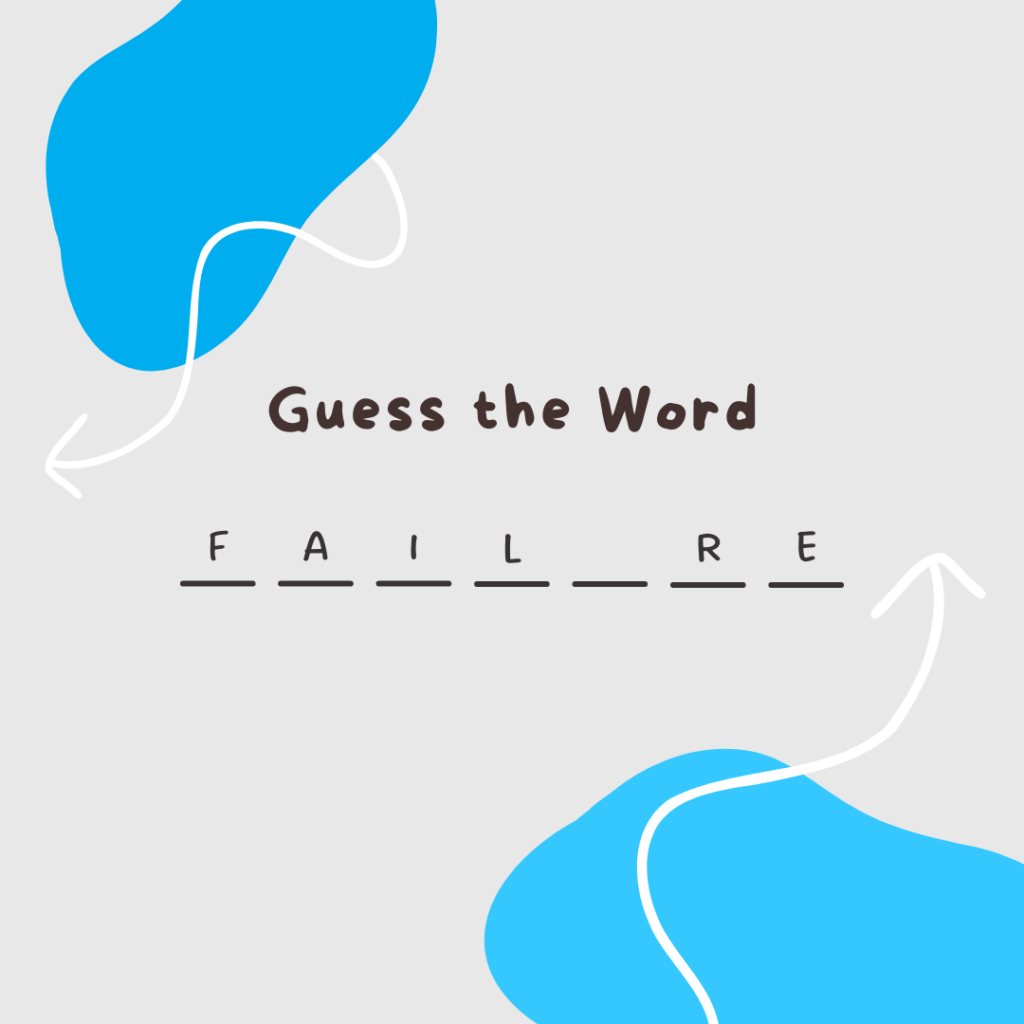Do You Wonder?
Ever wonder? When you put me on an airplane, I basically turn into a small child. Not in the loudly crying or endless-seat-kicking kind of way. I mean in the tingle-of-excitement-before-takeoff kind of way. Like in the I-have-to-have-a-window-seat kind of way. I...






